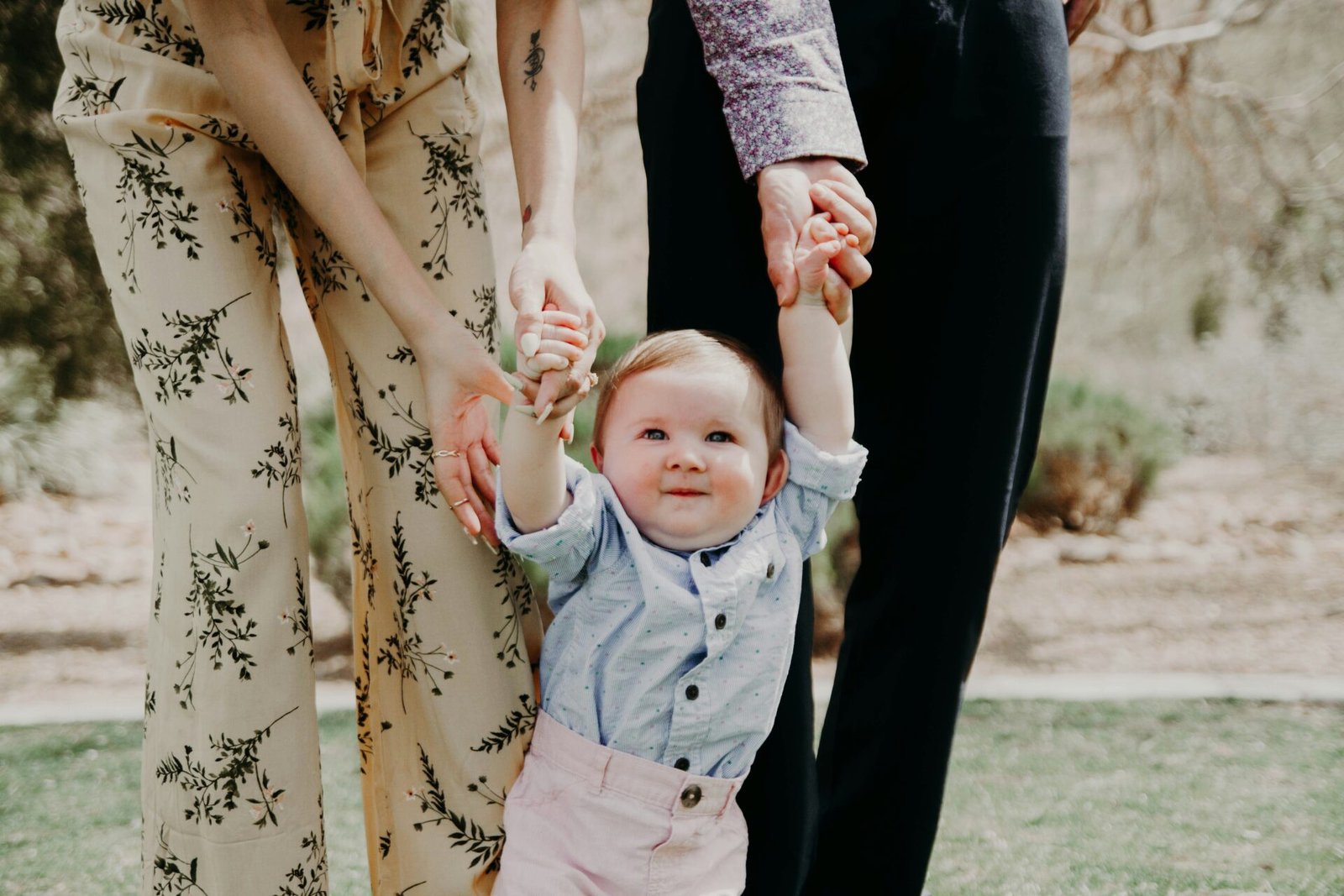I came across an incredibly insightful book by Alain de Botton, Emotional Education, which would be a great addition to the already long list of books I’d gladly translate into Ukrainian. We tend to underestimate the importance of our emotional world, seeing it as something secondary and private. This book addresses many essential topics related to emotional life, though they’ll need to be tackled one by one. One of the key questions is: what does a healthy childhood mean, and how does its absence affect our lives? How do we interact with emotionally immature people without losing our peace of mind?
The permission to be yourself as the basis of psychological stability
Look around: in families, workplaces, and governments, the world is often run by people who act like wounded children. They get angry, shut down, manipulate, seek attention, or have outbursts. And this isn’t just about extremes. Most leaders, teachers, managers, and parents show signs of emotional immaturity because they were deprived of a healthy childhood. It seems we entrust the management of our lives to those least equipped to handle it.
Emotions guide the most important aspects of life — how people love, raise children, resolve conflicts, make decisions, and build relationships. If emotional needs in childhood — for love, acceptance, safety, attention — go unmet, that hunger doesn’t disappear. It merely hides beneath adult functioning. And the more we deny it, the hungrier we become.
Alain de Botton — a British philosopher and founder of The School of Life — is not a psychotherapist, but he draws on psychoanalysis, attachment theory, and therapeutic practice in his work. He argues that many adults are still children searching for what they never received: recognition, safety, permission to be themselves. Their coldness, selfishness, or constant drama aren’t just “personality traits.” They are signs of pain. So how can we raise emotionally healthy people?
What is a healthy childhood?
It’s okay to feel — not shameful
A healthy childhood includes space for emotions — even the “unpleasant” ones. Sadness, anger, fear, frustration aren’t whims or bad behavior. They are signals. When a child isn’t scolded for crying, punished for anger, or ignored in their fear, they learn to regulate emotions — not repress them, not explode — but to feel, understand, and process them.
A child who was shamed for crying may grow into an adult who struggles to ask for help.
A child punished for anger may become an adult who stores up rage and/or develops health issues.
To be seen
According to de Botton, a healthy childhood begins when a child is truly known — not in the sense of constant monitoring or control, but emotionally: when adults take a sincere interest in the child’s inner world. This includes:
- Noticing a child’s feelings, even when they lack words to express them
- Listening without interrupting, advising, or judging
- Acknowledging the child’s imagination, fears, and unique view of the world
Being seen means feeling real. It’s an experience that forms the foundation of self-worth.
Unconditional love
Many children receive love only when they are convenient: quiet, obedient, “good.” But love should not depend on success or compliance. Healthy attachment instills a deep belief: I am worthy of love even when I’m not perfect.
Without this, people grow up seeking approval, not connection. They strive, please, or rebel — but cannot relax into being themselves.
I am taken seriously, even in “small things”
What may seem small to an adult can be a whole world to a child. A broken toy, a lost friend, a scary noise — all of it is real. A healthy adult response is not to mock, dismiss, or ignore. When a child is taken seriously, they learn to trust themselves and their feelings.
The permission to be vulnerable
Children are not born resilient. They develop resilience where their vulnerability is accepted, not shamed. A healthy childhood makes space for tears — without punishment, anxiety — without belittling, sadness — without demands to “pull yourself together.”
De Botton emphasizes: a child must know that suffering is part of human experience, not a sign of failure. This is how we raise people who don’t panic in hard times.
Emotional education
We’re not born knowing how to deal with emotions. A healthy childhood includes gentle teaching: naming emotions, understanding where they come from, expressing them safely, and realizing that other people also have inner lives.
De Botton sees emotional education as one of the greatest gifts an adult can give. Without it, we grow into adults who explode, shut down, or repeat painful patterns.
Boundaries — Not as Control, but as Protection
Children need boundaries — not as punishment. Healthy boundaries mean clarity, consistency, and kindness. They don’t humiliate, intimidate, or “break” a child’s will. They create safety. A child raised with such boundaries learns to respect themselves and others — not out of fear, but from understanding.
The Example of Emotionally Mature Adults
Children don’t learn from lectures, but from example. If the adults around them yell, punish, and belittle, that becomes “normal.” But if even one adult in a child’s life can remain calm, apologize, and admit mistakes — the child receives a different model.
You Can Be Yourself, Not a Project for Your Parents
Many children are unconsciously used as a kind of compensation: “be obedient, because I’m struggling,” “be clever, so I can be proud,” “be quiet, because I’m tired.” In a healthy childhood, adults can tolerate difference. A child can be sensitive, odd, slow, hyperactive, inconvenient. They don’t need to “fit in.”
You Can Make Mistakes — and Still Repair the Connection
No childhood is perfect. But the key isn’t avoiding conflict — it’s learning how to mend it gently. An adult who says, after losing control, “I’m sorry, I wasn’t in a good place,” teaches the most important thing: how to reconnect after rupture. That’s what trust really means — not in perfection, but in the living, warm resilience of the relationship.
Most of us didn’t grow up with this. Some had almost none or none of it at all. But adulthood is not a sentence. We can rethink, relearn, heal, and parent — ourselves and our children. Not perfectly, not quickly, but with awareness.
Knowledge about healthy childhood is about making things visible. Once something becomes visible, we stop acting on autopilot — and begin to see choices, and act differently.
How to Interact with Emotionally Immature People
Realizing we’re dealing with an emotionally immature person doesn’t mean we excuse harmful behavior. But it helps us not to take it personally.
Understanding brings relief. We stop being defensive. We recognize that all these painful behaviors are not about us — they’re ways of compensating for something inside. This is what an emotionally immature psyche does: it constantly seeks to prove its worth and can’t exist without an enemy image. So how do we deal with such people?
Setting Clear Boundaries and Behavioral Standards
Calmly and openly let the person know that their words or actions are hurtful, and explain the consequences this has for your relationship or collaboration.
Using Social Influence
Demonstrate that a certain behavior is unacceptable within the group or community and that it affects not only you, but the shared atmosphere. Social pressure often motivates change.
Seeking Constructive Dialogue
Suggest a conversation without blame, focusing on feelings and needs. Sometimes people don’t realize the harm they cause, and openness can help fix things.
Limiting Contact or Collaboration
If the person doesn’t change their behavior, you can reduce shared time or limit their influence on your life. This is a way to protect yourself without judgment or punishment.
Leading by Example and Developing Empathy Skills
By taking responsibility for our own emotions and actions, we model behavior others can follow.
Involving Mediators or Facilitators
In complex cases, a third party — a psychologist, mediator, or manager — can support a constructive process.
In Summary
A healthy childhood isn’t about perfect parents or the absence of hardship. It’s about the presence of emotional availability, acceptance, and support. That kind of experience builds inner stability, self-reflection, mature relationships, and empathy.
If we want to live in a society of emotionally mature people — leaders, teachers, partners, parents — we need to reconsider the role of emotions in life. And we need to start not only with children, but with ourselves: to allow ourselves to feel, to acknowledge our own wounds, to build boundaries out of kindness rather than fear. That’s the foundation of true emotional education.



